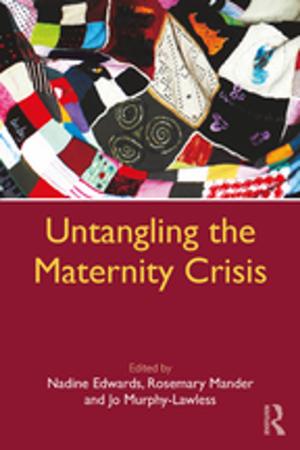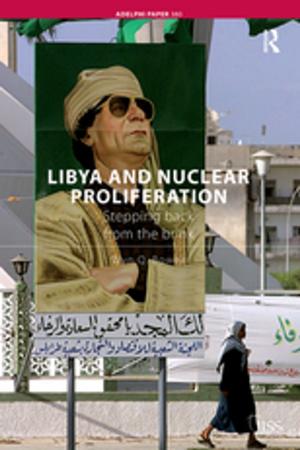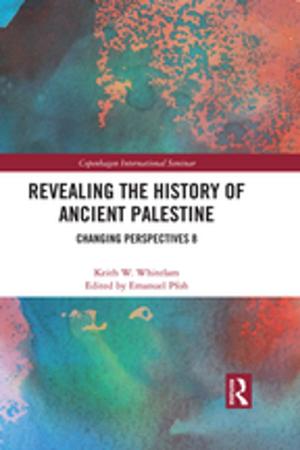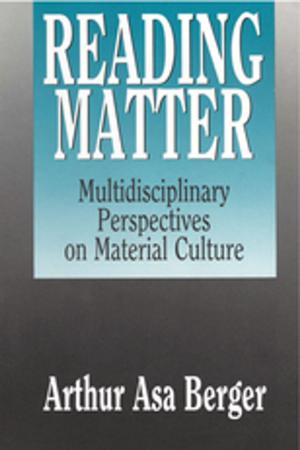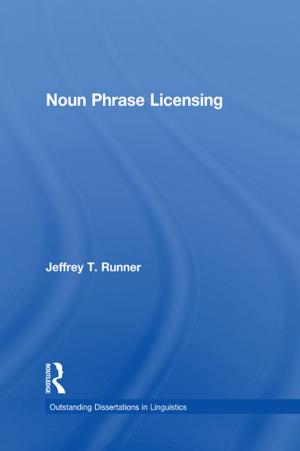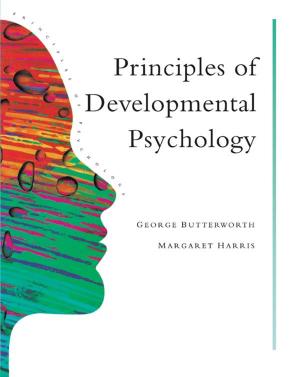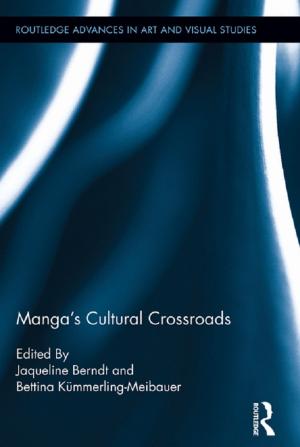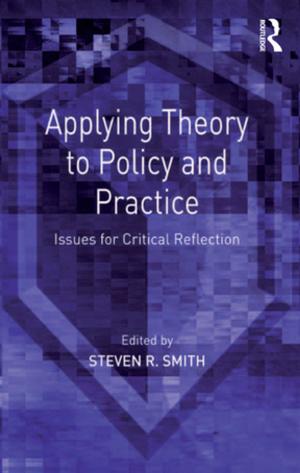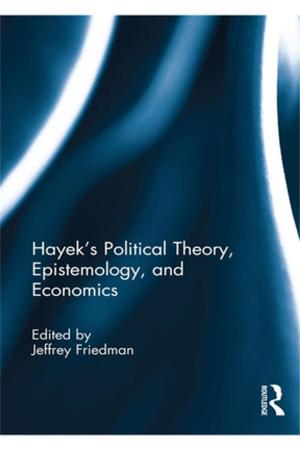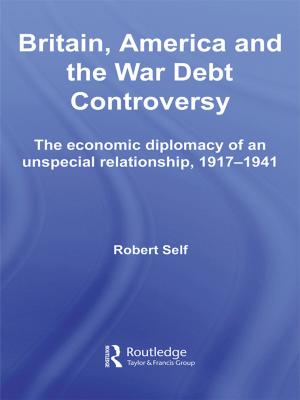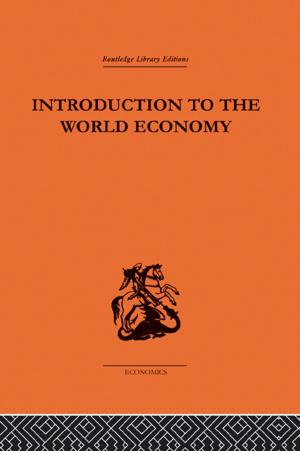Devotional Music in the Iberian World, 1450-1800
The Villancico and Related Genres
Nonfiction, Entertainment, Music| Author: | ISBN: | 9781351569460 | |
| Publisher: | Taylor and Francis | Publication: | July 5, 2017 |
| Imprint: | Routledge | Language: | English |
| Author: | |
| ISBN: | 9781351569460 |
| Publisher: | Taylor and Francis |
| Publication: | July 5, 2017 |
| Imprint: | Routledge |
| Language: | English |
From the fifteenth century to the beginning of the nineteenth century, devotional music played a fundamental role in the Iberian world. Songs in the vernacular, usually referred to by the generic name of 'villancico', but including forms as varied as madrigals, ensaladas, tonos, cantatas or even oratorios, were regularly performed at many religious feasts in major churches, royal and private chapels, convents and in monasteries. These compositions appear to have progressively fulfilled or supplemented the role occupied by the Latin motet in other countries and, as they were often composed anew for each celebration, the surviving sources vastly outnumber those of Latin compositions; they can be counted in tens of thousands. The close relationship with secular genres, both musical, literary and performative, turned these compositions into a major vehicle for dissemination of vernacular styles throughout the Iberian world. This model of musical production was also cultivated in Portugal and rapidly exported to the Spanish and Portuguese colonies in America and Asia. In many cases, the villancico repertory represents the oldest surviving source of music produced in these regions, thus affording it a primary role in the construction of national identities. The sixteen essays in this volume explore the development of devotional music in the Iberian world in this period, providing the first broad-based survey of this important genre.
From the fifteenth century to the beginning of the nineteenth century, devotional music played a fundamental role in the Iberian world. Songs in the vernacular, usually referred to by the generic name of 'villancico', but including forms as varied as madrigals, ensaladas, tonos, cantatas or even oratorios, were regularly performed at many religious feasts in major churches, royal and private chapels, convents and in monasteries. These compositions appear to have progressively fulfilled or supplemented the role occupied by the Latin motet in other countries and, as they were often composed anew for each celebration, the surviving sources vastly outnumber those of Latin compositions; they can be counted in tens of thousands. The close relationship with secular genres, both musical, literary and performative, turned these compositions into a major vehicle for dissemination of vernacular styles throughout the Iberian world. This model of musical production was also cultivated in Portugal and rapidly exported to the Spanish and Portuguese colonies in America and Asia. In many cases, the villancico repertory represents the oldest surviving source of music produced in these regions, thus affording it a primary role in the construction of national identities. The sixteen essays in this volume explore the development of devotional music in the Iberian world in this period, providing the first broad-based survey of this important genre.


